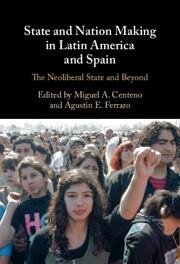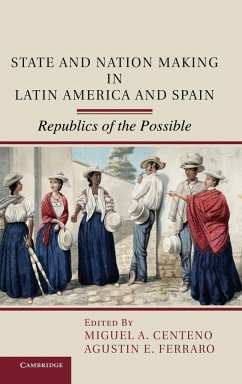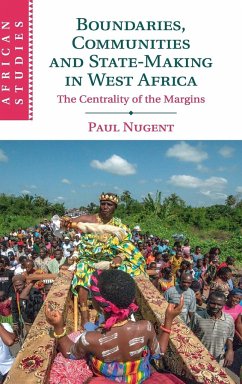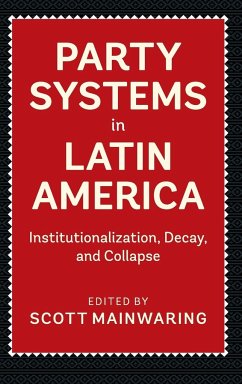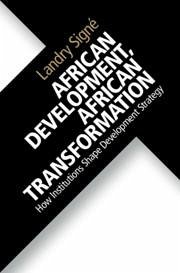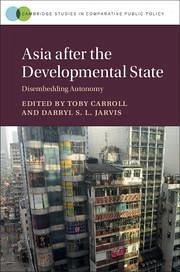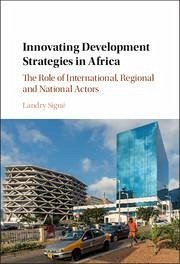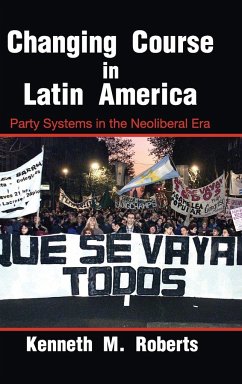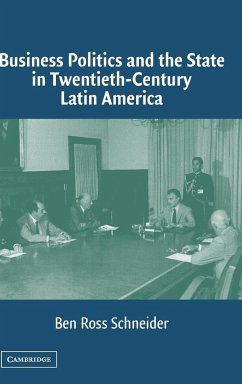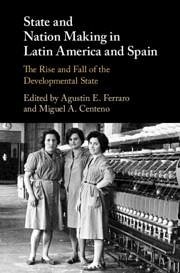
State and Nation Making in Latin America and Spain: Volume 2
Versandkostenfrei!
Versandfertig in über 4 Wochen
150,99 €
inkl. MwSt.
Weitere Ausgaben:

PAYBACK Punkte
75 °P sammeln!
This book analyzes how developmental states contributed to economic prosperity, sometimes with spectacular success, and sometimes with less brilliant results.




